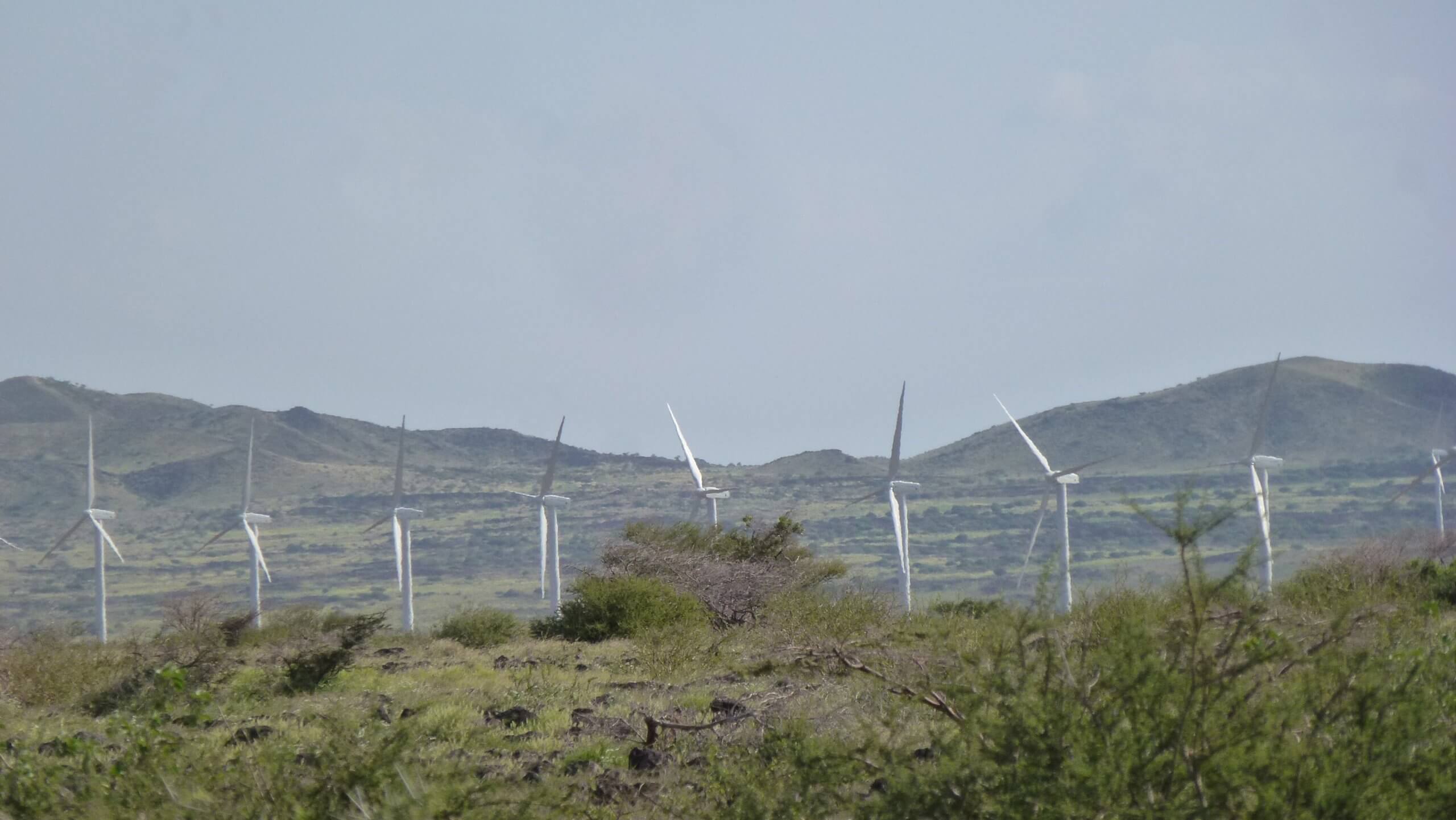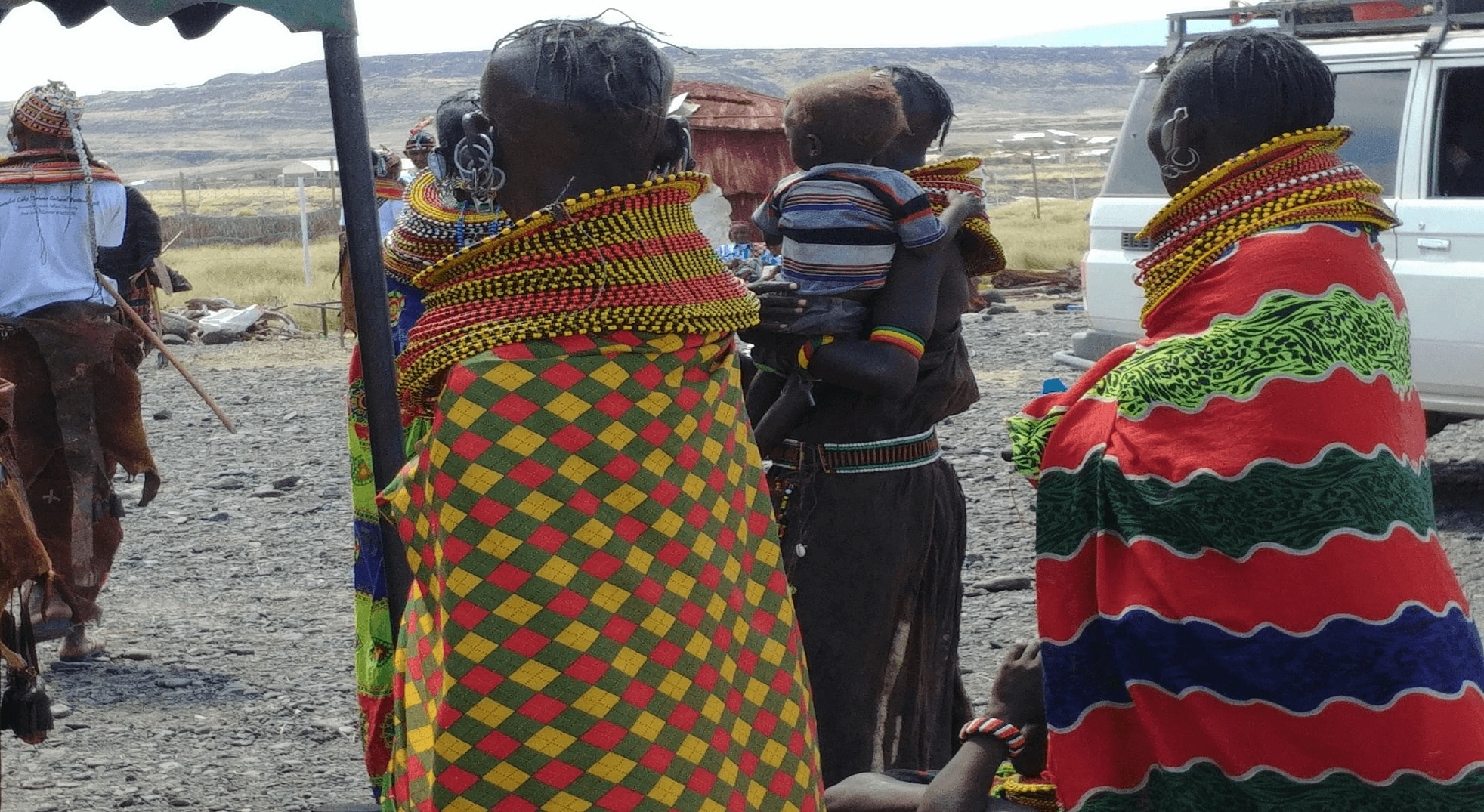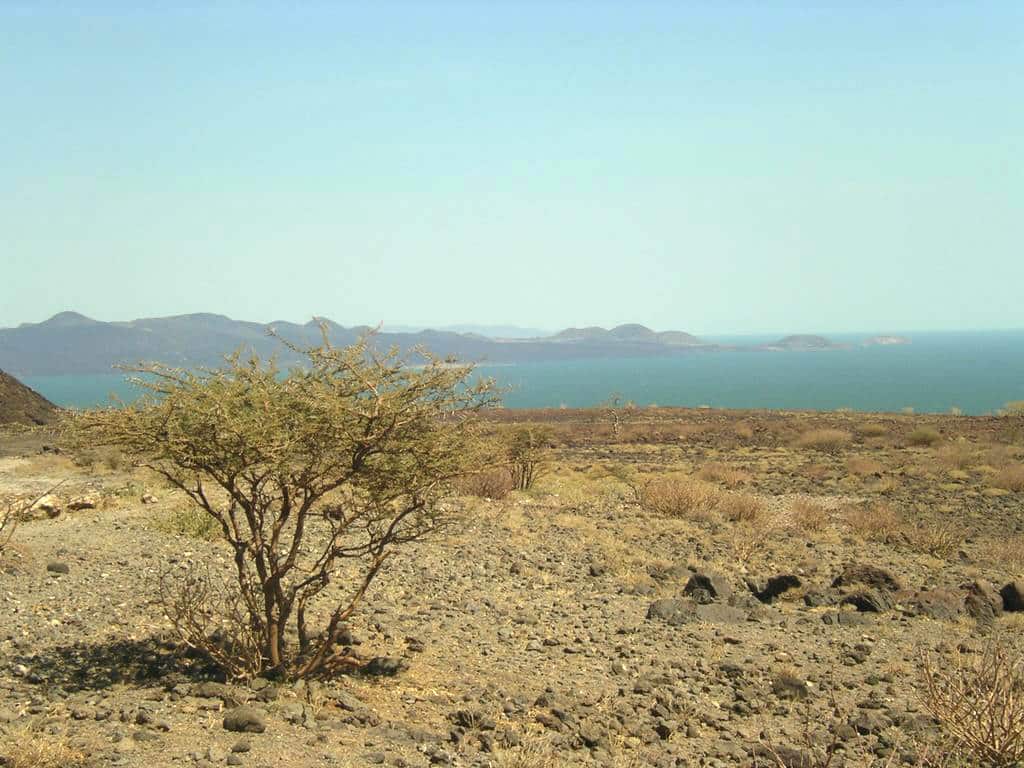A wind turbine farm established in an arid area in Kenya could have been a success story, promoting the local residents, who are disconnected from the electricity grid. However, the electricity was channeled to the big cities - skipping over the local residents. The story of a new Israeli study that reminds us that even when doing something good, you have to do it right
Gili Cohen, Angle - news agency for science and the environment

These days, there is growing awareness of the need for human society to make the transition to the use of renewable energies, abandon the use of polluting fossil fuels and significantly reduce greenhouse gas emissions in order to fight the climate crisis and curb the rise in global temperatures. Large renewable energy projects - solar, wind and water - are being established around the world, including in developing countries in Africa. However, if executed incorrectly, even such important ventures can miss out on huge opportunities. In a new Israeli study, which was presented In the 50th Annual Conference on Science and the Environment, we will examine such a case, of a huge turbine farm that was established in Kenya - but left the residents of the surrounding area without electricity.
Dr. Nurit Shamshoni-Yepa, Head of the Department of Political Science at the School of Government and Society at the Tel Aviv-Jaffa Academic College, and her partner Hila Segal-Klein, a doctoral student in the Department of Natural Resources and Environmental Management at the University of Haifa, went to Kenya to examine how the construction of one of the wind turbine farms The largest in East Africa, in Lake Turkana in the north of the country, affected the local population.
The research deals with the establishment of a farm that includes hundreds Wind Turbines, in the area in Kenya that humans lived in already millions of years ago, and where the earliest remains of the bipedal man were found. The advanced farm, which is one of many established in recent years in Kenya, is designed to improve the country's ability to rely on renewable energy sources, placing it as one of the most advanced countries in this field in Africa. Its development is also in line with goal number seven from the United Nations Sustainable Development Goals (SDGs) - clean and achievable energy. The facility is connected to the Kenyan national electricity grid. Shamshoni-Yepa and Segal-Klein say they have known each other for over a decade, and each of them previously researched ethnic groups in the country separately. When the possibility arose to investigate the turbine farms, as a case study, they recognized the opportunity to work together - and decided to cooperate.
A missed opportunity
At this stage, when we are already expecting an energy success story, Shamshoni-Yepa pours cold water on the enthusiasm: "The bottom line of the research, which was clear to us from day one," she says, "is that the turbines do not serve the locals." The reason for this is that the local communities where the turbine farm was built were never connected to electricity of any kind, not before the turbines were built - and not after. That is, the energy produced by the turbines flows for hundreds of kilometers, to the center of the country - but does not reach the residents in whose territory it was erected, who remain without electricity to this day. Thus, in practice a situation has arisen in which, although Kenya is very advanced in the field of renewable energies, the local population in the specific area where it is produced does not get to enjoy the fruits.

The facility was established in an arid area where a population of herd breeders (mainly camels) lives, and the ethnic groups that live in the area - Turkana, Rendile and Samburu - lead lifestyles that are characterized by different patterns of migration or semi-migration. The researchers emphasize that in projects like this in developing countries there is an opportunity to create a process known as "Leapfrog": that is, instead of the communities first connecting to electricity produced from polluting fossil fuels, and only later switching to renewable energies, they can "skip a step" - and connect directly to clean electricity. However, as mentioned, in this case, this did not happen. "There is a missed opportunity here," say the researchers.
According to Shamshoni-Yafa, the locals want to connect to electricity - but options that could better suit their nomadic living conditions, which are characterized by low density, such as the establishment of small, local networks that are independent from the central network, are not being realized. Segal-Klein says that she asked herself why a plug was not taken out of the ground near the turbines, so that the locals could enjoy the electricity they generate. "How far would we go with creative thinking to connect the locals to electricity if it was a different population?" she wonders. "What happens here is that they are not offered any electricity - they see the electricity pass over them, but remain disconnected."
"No one wants to live in poverty"
According to Segal-Klein, connecting the communities to electricity can have a significant impact on the lives of the residents. "Nobody wants to live in poverty," she says. "There are traditional and important aspects in the lives of the local population that they would like to preserve, out of respect for history - but electricity is a basic need that can change their lives, and enable the establishment of electric water pumps, for example. They would be happy to continue living in their cabins - but to have electricity for the refrigerator."
According to Shamshoni-Yepa, the local population did not oppose the project - partly because it does not receive proper information about the planned projects - but the locals came with clear demands to the association of companies that established it regarding compensation for the land. "For example, one of the villages had to relocate for the project," she says. "The locals organized impressively, among other things with a local non-profit organization named Friends of Lake Turkana who works consistently to exhaust the rights of the local population in view of the various projects in the area".
A problematic issue that those concerned had to deal with is the question of ownership of the area: although the locals have been living in the area for hundreds of years, officially the area is not privately owned, as the term is defined in our country. "Although the Supreme Court of Kenya discussed and ruled on the issue of financial compensation for the residents, its decisions have not yet been implemented," says Shamshoni-Yepa. "The results are not satisfactory."
Do not trust the corporations

Although the study refers to a specific case of one turbine farm in Africa, the researchers claim that it is possible to tap into a wider phenomenon. "At the most basic level, sustainability is a whole with human and social connections," says Shamshoni-Yepa. "From this case we can learn that if one of the goals for sustainable development is promoted without promoting other goals - such as goal number 1, poverty eradication - the overall picture is not very positive."
Another point raised by the study is that the responsibility for the local residents fell on the association of companies that implemented the project: "Part of the responsibility of the world," says Shamshoni-Yepa, "is to make sure that this does not happen - because in the end, the corporation represents the corporation." Segal-Klein sharpens the call: "The state needs to take responsibility, especially in light of the UN goals and the treaty that Kenya has signed," she says. "Her job is to see the whole. It is true that many countries in Africa need corporations, but there are other issues besides energy that they must address, such as poverty eradication, health, access to resources, and more."
It should be noted that the new research is environmental - but it comes from the field of social sciences. "It was important for us to present the research At the annual conference for science and the environment", says Segal-Klein. "We wanted to be involved in a different discourse than the one we are used to. Interdisciplinarity is constantly being talked about, so here it is. We wanted to present something different, to break out of the rubrics of an oriented scientific discourse and talk about the whole: about society, about a connection to the place", says Segal-Klein.
There is no doubt that the trend of developing renewable energies is welcome, especially in developing countries, which are an essential part of the fight against the climate crisis. Now, it is to be hoped that the various enterprises in the world (and in Israel as well) will be able to take advantage of the opportunity, to see the multitude of factors that influence and are affected by the environment, and to treat the issue of sustainability not only as one that requires compliance with one or other goals - but as a whole, which also takes into account the well-being of the people .
